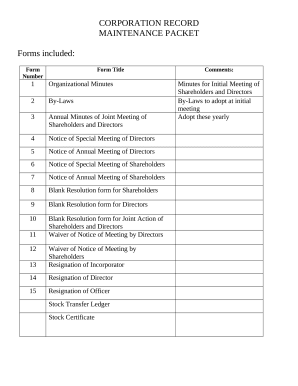
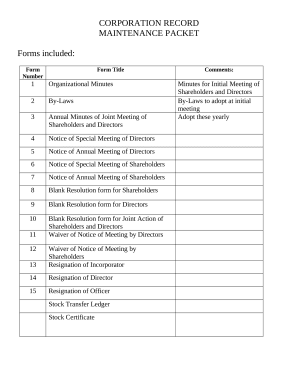
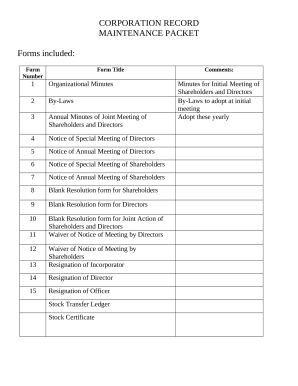

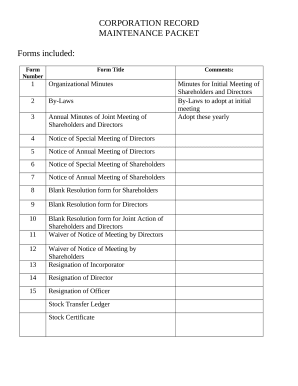

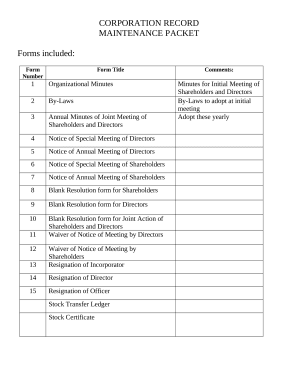
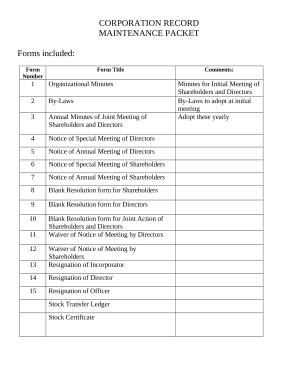
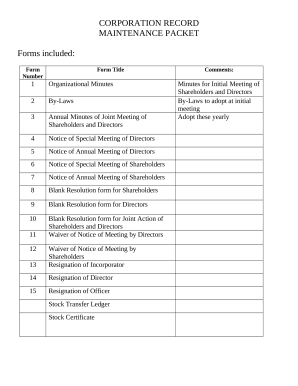
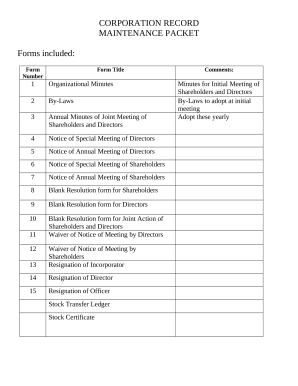
Document managing can overpower you when you can’t discover all of the forms you need. Luckily, with DocHub's extensive form collection, you can find everything you need and swiftly deal with it without the need of changing among applications. Get our Business Record Maintenance and begin utilizing them.
Using our Business Record Maintenance using these basic steps:
Try out DocHub and browse our Business Record Maintenance category without trouble. Get your free account today!